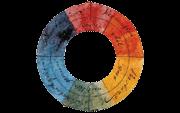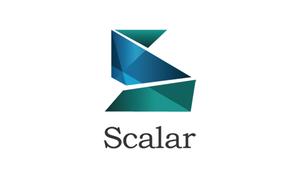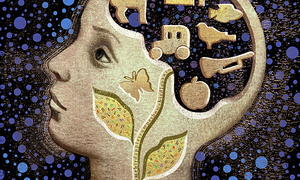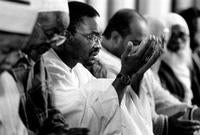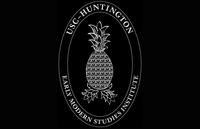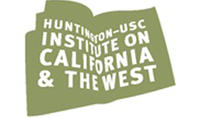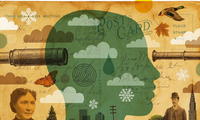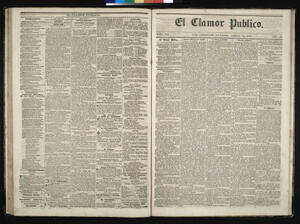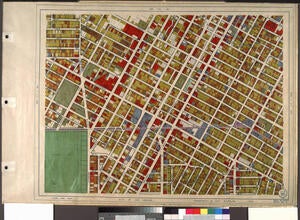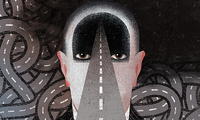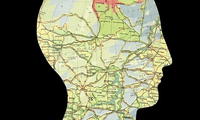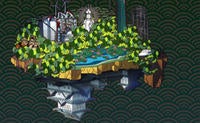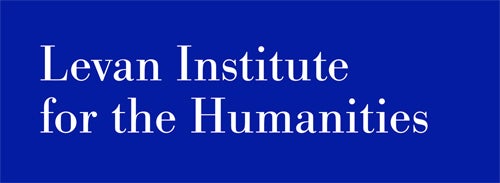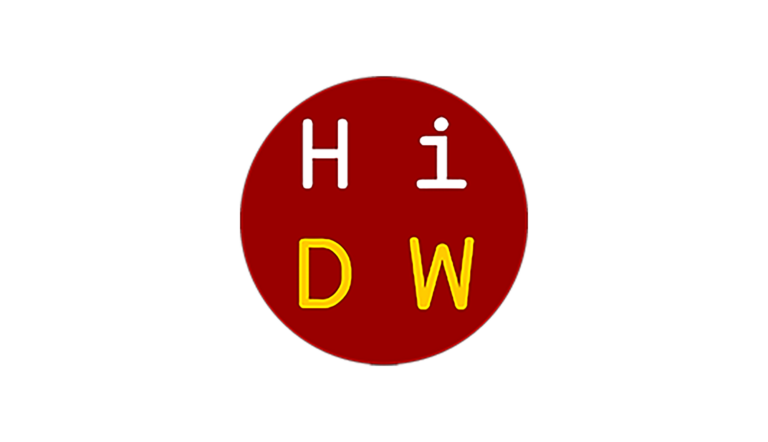Resources for Digital Humanities at USC
USC offers a unique set of resources for digital humanities including: a world class humanities faculty; a wide variety of digital resources; programs that bring together humanistic and digital concerns; and humanistic institutes and centers that work on common sets of intellectual concerns in a way that resembles large-scale scientific projects, which reach across disciplines in order to solve complex problems.
The Ahmanson Lab extends the USC Sidney Harman Academy for Polymathic Study’s focus on integrative learning by offering students a space for experimentation, play, and creative exploration. Through workshops on design, digital authoring, physical computing and other creative endeavors, students explore the value of making to polymathic inquiry. A roster of faculty, artists, designers, and makers work with students to expand their thinking about the potentials of polymathic practice.
Scalar is a free, open source authoring and publishing platform that’s designed to make it easy for authors to write long-form, born-digital scholarship online. Scalar enables users to assemble media from multiple sources and juxtapose them with their own writing in a variety of ways, with minimal technical expertise required.
The USC Center for Law, History and Culture (CLHC) brings together faculty at the College of Arts and Letters and the Law School to encourage the study of law as an historical and cultural institution.
The Center for Religion and Civic Culture (CRCC) at USC was founded in 1996 to create, translate, and disseminate scholarship on the civic role of religion in a globalizing world.
The USC-Huntington Early Modern Studies Institute (EMSI) supports advanced research and scholarship on human societies across the world between 1450 and 1850.
The Huntington-USC Institute on California and the West (ICW) collaborates with the Huntington as it supports doctoral education, K-12 outreach, and thematic investigations of western history.
The USC Libraries actively support the discovery, creation, and preservation of knowledge. USC librarians have created research guides, describing the resources available through USC’s 23 libraries and information centers. The USC Sidney Harman Academy for Polymathic Study fosters interdisciplinary conversation.
Special Collections at the University of Southern California oversees the university’s primary source collections including archives, manuscripts, historic photographs, and rare books. The department holds more than 200,000 volumes, more than 1000 archival collections, and more than 2 million photographs.
The USC Digital Library (USCDL) spans a wide range of visual media hosted by the USC Digital Repository. This collection offers digital images of drawings, illuminated manuscripts, maps, photographs, posters, prints, rare illustrated books, as well as audio and video recordings from across multiple disciplines.
This guide is intended to support the ongoing discovery and creation of knowledge by USC faculty and students who are engaged in the digital humanities research and education at USC.
The interdivisional Media Arts + Practice (MA+P) program within the School of Cinematic Arts explores how to communicate ideas and narratives through new technology and media. The program hosts a wide number of labs (such as the World Building Media Lab and the Mobile and Environmental Media Lab), with ongoing projects (e.g. Walden, Oculus Rift, and PUCK). The MA+P program hosts the peer-reviewed, online journal Vectors and Scalar, a free, open source authoring and publishing platform.
The Shoah Foundation at USC models the future of archiving. Inspired by his experience making Schindler’s List, Steven Spielberg established the Survivors of the Shoah Visual History Foundation in 1994 to gather video testimonies from survivors and other witnesses of the Holocaust. The Archive, still expanding, will soon contain over 53,000 testimonies in 39 languages from 61 countries.
The USC Spatial Sciences Institute (SSI), established with the understanding that the world faces a myriad of problems that have spatial dimensions, is dedicated to the science of “where.” The Institute offers unique Spatial Studies and GeoDesign undergraduate programs and graduate programs in Geographic Information Science and Technology.
The USC Shinso Ito Center for Japanese Religions and Cultures (CJRC) promotes the study of Japanese religions and culture.
The Visual Studies Research Institute (VSRI) focuses on the nature, analysis and evaluation of visual evidence in order to interrogate the relationship of seeing, believing, and proving from Antiquity to the present.
The Levan Institute for the Humanities serves as a hub for the humanities and humanistic social sciences at the University of Southern California, connecting faculty, postdoctoral fellows, and students across disciplines, departments, programs and institutes.
Visit the USC Provost’s page to search for awards and fellowships for USC graduate students.
Banner image: Will Young, “Digitizing Deleción de Tayrona (DSCO3479),” 2024.

